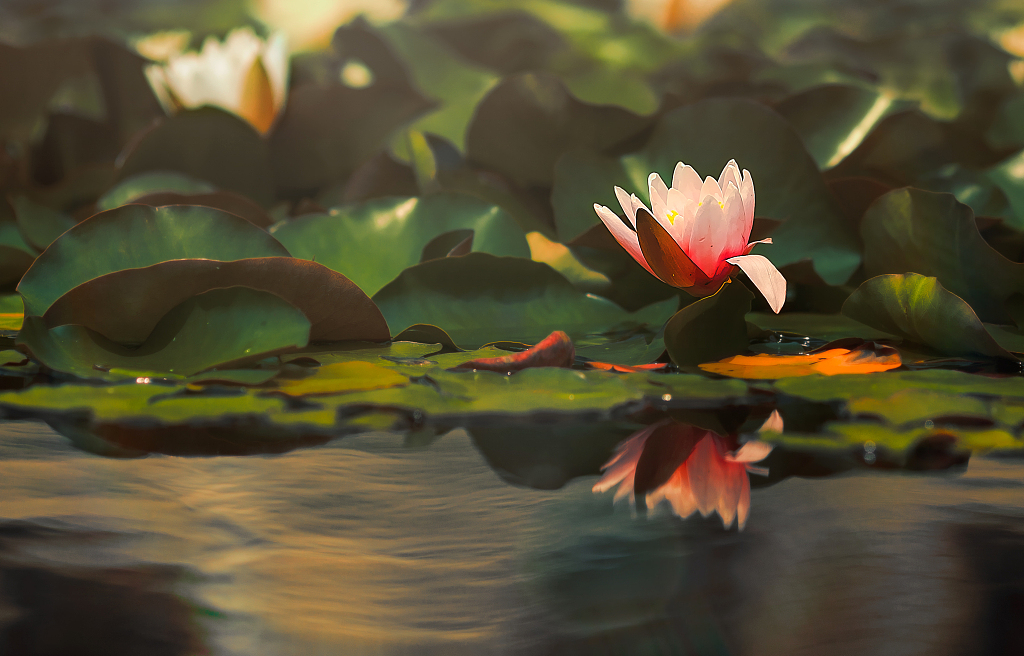When the sun reaches the celestial longitude of 90 degrees, the Northern Hemisphere sees the longest day and the shortest night of the year, and this day is called the summer solstice or Xiazhi in Chinese as one of the 24 Chinese solar terms. This year, Xiazhi falls on June 21.

Blossoming lotus flowers are one of the most expected things during summer.
Blossoming lotus flowers are one of the most expected things during summer.
During the Xiazhi, China and other Asian countries will see a large amount of rainfall and thunderstorms. The frequent rainfall benefits many growing plants such as the mango and lotus. However, continuous rain will also lead to possible natural disasters like flood and landslide. Areas in the middle and lower courses of the Yangtze River need to take extra care about the weather in order to deal with these possible accidents.

Continuous rain will also lead to possible natural disasters like flood and landslide. /VCG
Continuous rain will also lead to possible natural disasters like flood and landslide. /VCG
Like other solar terms, Xiazhi is also divided into three pentads, which refers to the changes happened in animals and plants according to ancient Chinese people. The three pentads in Xiazhi are: the antlers of deer will begin to fall; the singing of cicada can be heard frequently; and a type of Chinese herb medicine called Banxia (crow-dipper) will thrive. These phenomena are strongly related to the hot and humid climate during the Xiazhi.

Cicadas will sing frequently during Xiazhi. /VCG
Cicadas will sing frequently during Xiazhi. /VCG
(Cover image via VCG.)
(If you want to contribute and have specific expertise, please contact us at nature@cgtn.com.)